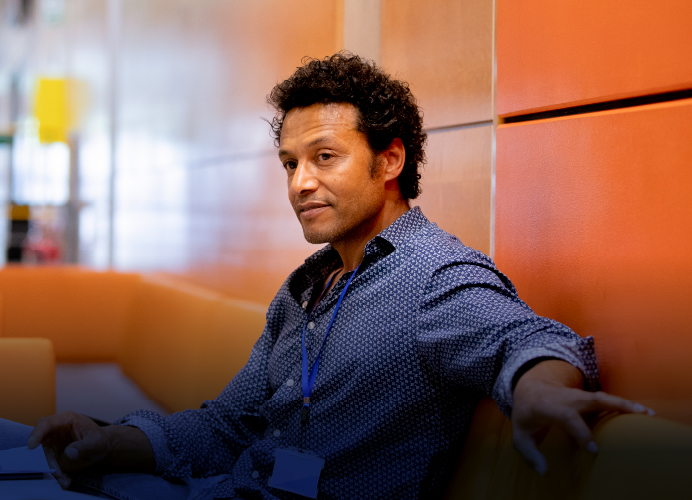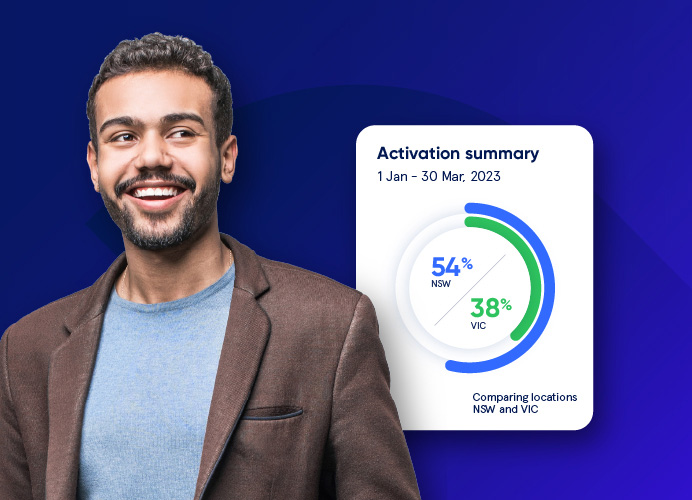What does it mean to be an agent of change for university wellbeing?

Insights.
To instigate meaningful change in institutional wellbeing, today’s VCs, DVCs, PVCs, and senior university leaders must step up and become personal agents of social change and true impact players across their ever-expanding ecosystems of influence.
Senior university executives, spurred on by structural shifts amplified by the COVID-19 pandemic and its transformation of study and work environments, need to rise above “inertia”, “resistance”, “politics” and “risk” to: embrace their responsibility for wellbeing.
They are required to be both tech-savvy, says Acland, and health-savvy, says Deloitte. “Vice-chancellors now also have to be able to assess vast amounts of data…with digital developments set to transform higher education…” and they need to “appreciate that decisions relating to health and health care can have a significant impact on the culture of their organisation, the way in which work [and study] gets done… and the power of [their] personal brand to support people’s health”.

Agents of change
Health-savvy university executives who are reshaping institutional wellbeing are agents of change who pioneer difficult conversations about wellbeing with their students, staff, peers, partners, and local communities – to provoke responses that demand greater collective tempo. They have become agents of change who fulfil five key roles:

They:
- Embrace their responsibility for wellbeing;
- Investigate truths not believing wellbeing myths;
- Challenge the status quo and breaking existing conventions;
- Integrate wellbeing into their university practices; and
- Advocate for advancements in wellbeing – both inside their institution and on the broader stage.
They don’t:
- Allow sexual misconduct against students to remain “rife”, despite disturbing wake-up calls from 2016’s Respect. Now. Always. initiative and 2021’s National Student Safety Survey (NSSS);
- Personally “perpetuate sexual harassment against women at three Australian universities”;
- Accept salaries higher than our prime minister whilst simultaneously condoning inequitable and “systemic” wage theft at the detriment of staff morale and wellbeing;
- Overlook a culture of “widespread bullying and harassment”;
- Neglect to introduce a bullying policy for students;
- Fail to increase preventative measures before students suicide; and/or
- Avoid in-depth discussions about how to meaningfully improve the mental health of students and staff.
Download the report to access the source references.

Best-practice example: Mark Scott AO, Vice-Chancellor and President, The University of Sydney

In July 2021, after nearly five years at the helm of the NSW Department of Education, and ten years leading the Australian Broadcasting Corporation, Mark Scott became the first non-academic Vice-Chancellor in the University of Sydney’s history. Since then, all eyes have been on Vice-Chancellor Scott as he learns to navigate University traditions, priorities, and stakeholder expectations to deliver on his institution’s promises, whilst simultaneously supporting the University’s students and staff.
Vice-Chancellor Scott has quickly demonstrated that he is an advocator who is proactively working to be an agent of change for student and staff wellbeing by:
- Tripling his university’s investment in Welcome Week 2022 to provide new students with the best opportunity to make social connections early in their university life;
- Rewarding staff with a $2,000 “COVID-recognition payment” for their “remarkable and sustained service”#;
- Personalising his accountability to the NSSS results with a public video address;
- Continuing to prioritise his involvement in the Champions of Change Coalition, whose members have been committed to actively advancing gender equality in their organisations since 2010 when Scott joined as a founding member; and
- Sparking conversations on his personal Twitter account which champion gender equity, celebrate diversity, promote cultural awareness, and shine a spotlight on the importance of addressing Australia’s youth mental health crisis.
# All continuing and fixed-term staff who started their employment with the University on or before 1 September 2021 (as well as casual staff members who had worked three or more pay periods in semester two, 2021).


Learn more about university agents of change
To read more about the roles and characteristics of senior university leaders who are reshaping wellbeing, we invite you to download our new guide here which will:
- Explain five roles of university executives who are reshaping institutional wellbeing; and
- Help you understand how to lead and build a healthier university community.

Want to learn more about Sonder?
For more information about how Sonder can help you rethink your student and employee support, we invite you to contact us here.
About Sonder
Sonder is an Active Care technology company that helps organisations improve the wellbeing of their people so they perform at their best. Our mobile app provides immediate, 24/7 support from a team of safety, medical, and mental health professionals - plus onsite help for time-sensitive scenarios. Accredited by the Australian Council on Healthcare Standards (ACHS), our platform gives leaders the insights they need to act on tomorrow's wellbeing challenges today.
Related posts
There's so much more to share
Sonder is reimagining health, safety and wellbeing support. Sonder proves human centric care leads to earlier intervention. Sonder impacts one person at a time to drive meaningful change across an organisation. Sonder understands people and how to support them.






